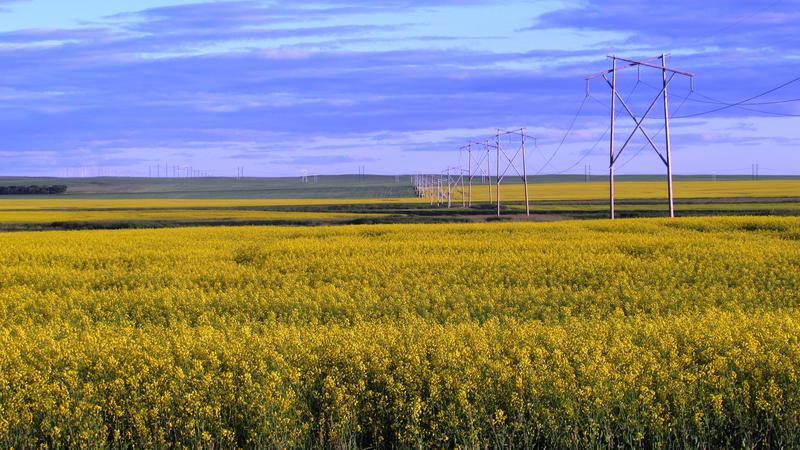
Saskatchewan home to Canada’s next energy source? Provincial researcher believes so
The next item to potentially heat and power your home may surprise you.
Dr. Ajay Dalai, Canada Research Chair of Bio-energy and Environmentally Friendly Chemical Processing in the University of Saskatchewan’s College of Engineering, has been looking into products that could replace coal and natural gas.
This led him to start looking at canola.
After the crop has its oil extracted, a “meal” is left behind.


